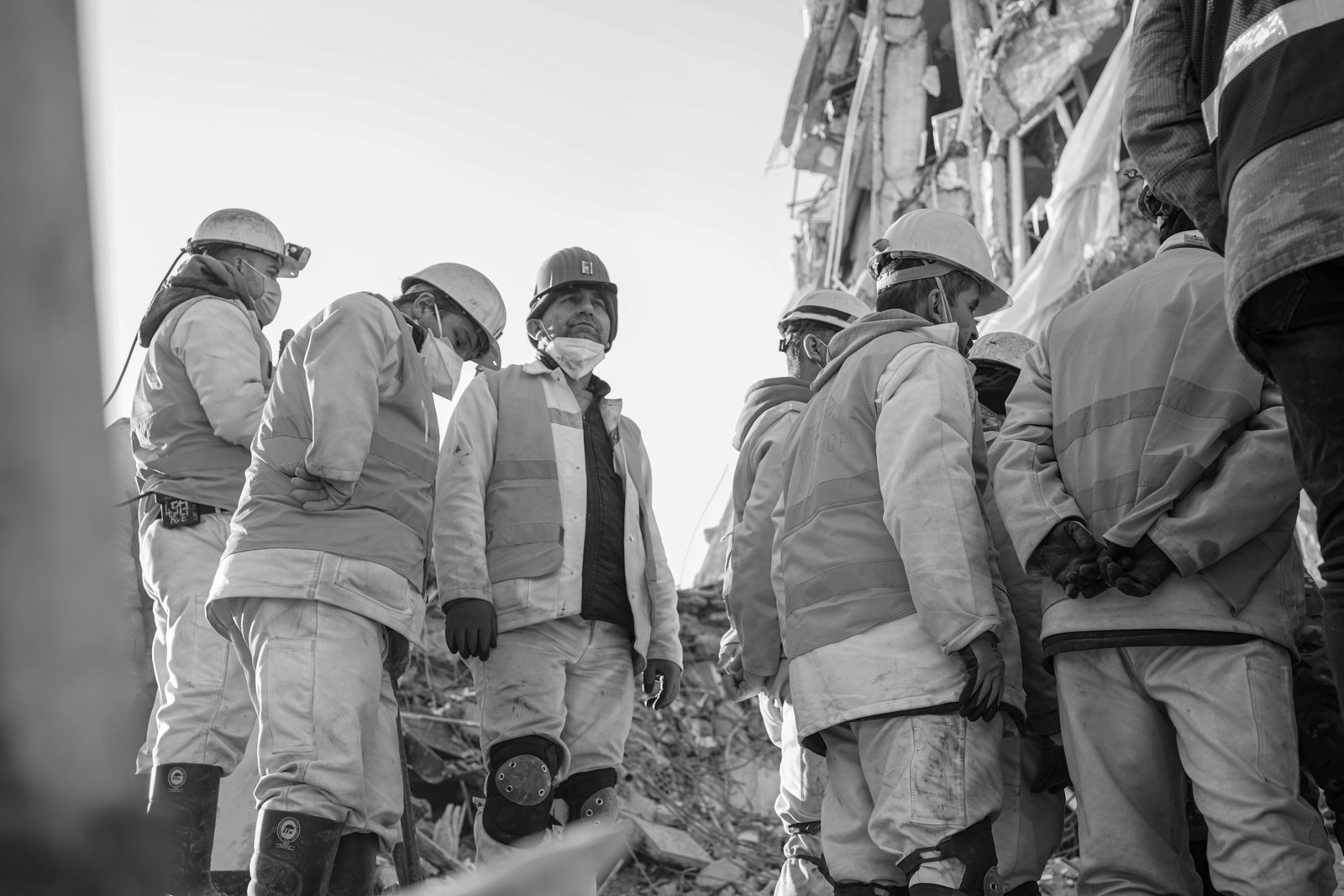Your Guide to Finding Meaningful Traveling Disaster Relief Jobs
Are you searching for meaningful traveling disaster relief jobs? This path combines the desire to help with the opportunity to see the world. However, it’s a demanding field that requires specific skills and a resilient mindset. This guide will walk you through everything you need to know to start your career in emergency response.
What Are Traveling Disaster Relief Jobs?
Traveling disaster relief jobs involve deploying to areas affected by natural disasters, conflicts, or other emergencies. Your role is to provide immediate assistance to affected communities. Consequently, these positions are often temporary and require you to travel on short notice.
The work varies greatly depending on the crisis and your expertise. You might be involved in logistics, medical care, or community support. Above all, the main goal is to save lives, alleviate suffering, and help communities begin the recovery process.
Common Roles in Disaster Relief
- Emergency Medical Technicians (EMTs) & Nurses: Provide immediate medical care to the injured.
- Logisticians: Manage the supply chain, ensuring that food, water, and medical supplies reach those in need.
- Project Managers: Oversee specific relief projects, from setting up temporary shelters to running food distribution programs.
- Water & Sanitation Experts: Ensure access to clean water and proper sanitation to prevent disease outbreaks.
Key Skills and Qualifications You’ll Need
To succeed in this field, you need a combination of hard and soft skills. While specific qualifications depend on the role, some attributes are universally valued. For instance, employers look for individuals who are adaptable and can work under immense pressure.
In addition, having prior experience in a relevant field is a significant advantage. This could be healthcare, engineering, or logistics. Many professionals transition into disaster relief after building a solid career foundation.
Essential Skills Checklist
- Resilience and Stress Management: The ability to stay calm and effective in chaotic environments.
- Cross-Cultural Communication: Skills to work respectfully with diverse populations.
- Problem-Solving: The capacity to find quick, practical solutions to unexpected challenges.
- Teamwork: You will almost always work as part of a large, diverse team.
- Technical Expertise: A background in medicine, logistics, engineering, or public health is often required.
Where to Find Traveling Disaster Relief Jobs in 2025
Finding legitimate traveling disaster relief jobs requires knowing where to look. Many reputable organizations hire professionals for both short-term and long-term deployments. Therefore, it’s best to focus your search on established agencies and specialized job boards.
Top Organizations and Job Boards
- The Red Cross and Red Crescent Movement: A global network that is often one of the first to respond to disasters.
- FEMA (Federal Emergency Management Agency): Primarily for U.S. citizens responding to domestic disasters.
- United Nations (UN) Agencies: Organizations like UNICEF, WFP, and UNHCR regularly seek professionals for emergency response roles.
- Non-Governmental Organizations (NGOs): Groups like Doctors Without Borders (MSF), Mercy Corps, and Samaritan’s Purse are major employers.
- ReliefWeb: A leading online source for jobs in the humanitarian and development sector.
Is a Career in Disaster Relief Right for You?
Finally, it’s important to consider if this career is a good fit. The work is incredibly rewarding and offers a strong sense of purpose. You directly contribute to helping people during their most difficult times.
However, the job comes with significant challenges. You will witness hardship and work long hours in difficult, sometimes dangerous, conditions. It can take a toll on your mental and physical health. A career in disaster relief is more than a job; it’s a profound commitment.

